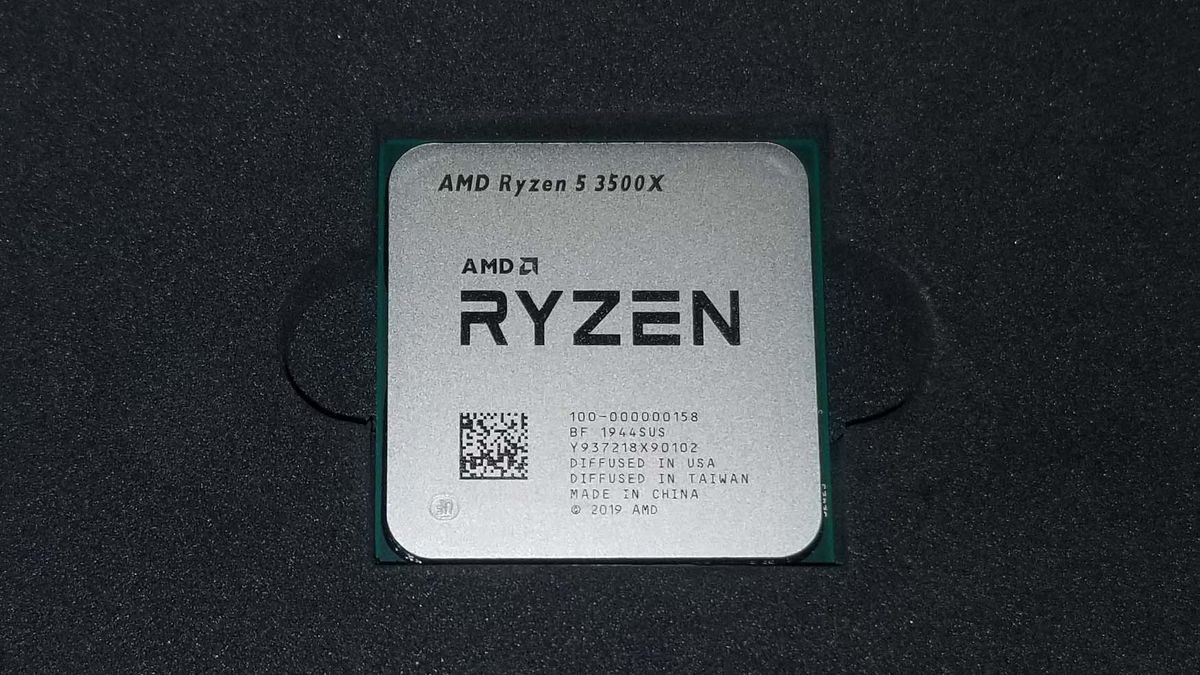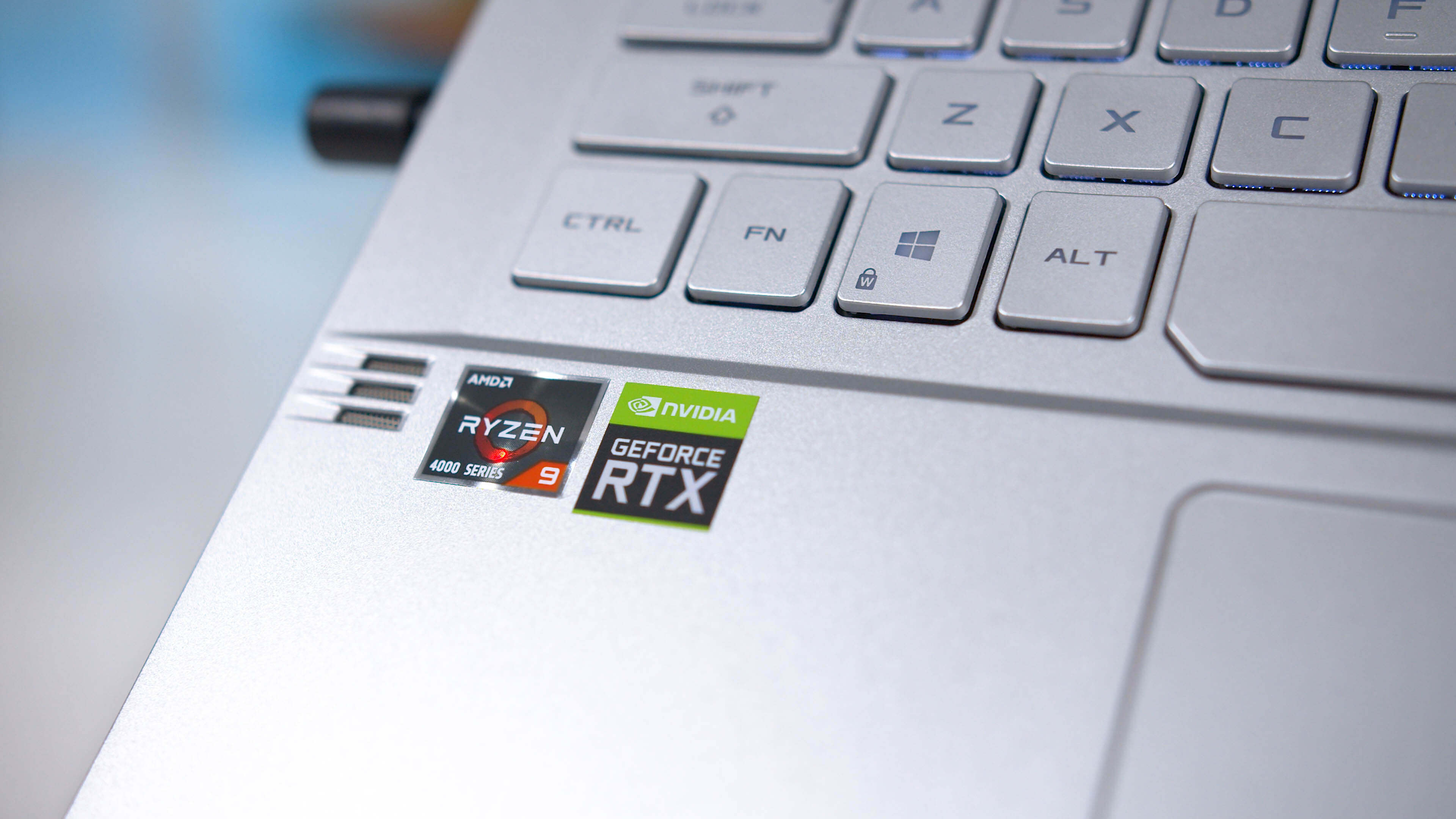These tests were run with Cascade Phase Change cooling under -90 degrees Celsius

I saw Hardwarenumb3rs mention this in twitter a few days back that 5Ghz improved min-fps but average almost didn't change. And that is despite running 3800X at 5 GHz is a 10% ST increase from stock and 20%. MT.
Here are his AIDA64 scores:
Overall yeah, the main bottleneck for Ryzen is the memory-subsystem, particularily the latency (and that is almost entirely due-to the FCLK limit).
IMO AMD should do 2 things with Ryzen 4xxx series to improve the situation:
1.
Significantly improve the FCLK ceiling. Hopefully they manage to get it to at least 2GHz, though IMO at 2.2Ghz would be preferred. That would allow it to run DDR3 4400Mhz with 1:1 config. What's probably as important, that would allow mobile APUs to run LPDDR4X 4233Mhz with 1:1 config. Besides considering DDR5
starts with 4800 Mhz (and goes to at-least 8400 Mhz), they need to redesign their memory-subsystem anyway or allow
much higher FCLK speeds. Running DDR5 at 1:2 would really hamper Zen 4.
2.
Bring back AMP which would also tune subtimings (similar to Ryzen DRAM Calcualtor) and ask reviewers to also review with this on (compared to XMP). While Ryzen is still small in OEM sales, It's big enough now in DIY to have some weight around mobo/memory-module companies to pull this off. Ideally AMP could even be automatically loaded with compatible modules (though this is maybe too much like MCE on Intel).
before Zen 2 release somebody at AMD at least mentioned they were "scoping" the idea of bringing back AMP. I really hope they weren't lazy and do follow through with Zen 3 launch. Subtimings alone could mean win or loss in gaming vs i9 (and most review sites will not be tuning them manually)





